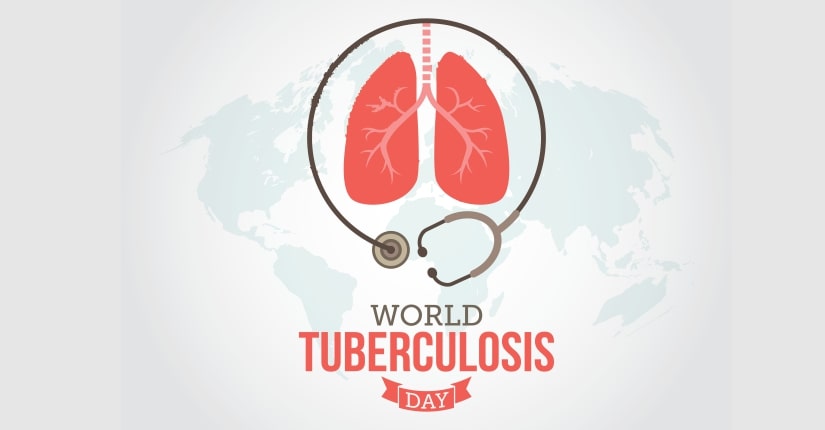United Nations Tweeted That the Need Of Urgent Life-Saving Aid Continues To Grow At An Alarming Rate.
By Nmami Agarwal 14-May 2022 Reading Time: 4 Mins

The international community calls for a shift towards better prevention, anticipation, and targeting to address the root causes of food crises.
The number of people facing acute food insecurity and requiring urgent life-saving food assistance and livelihood support continues to grow at an alarming rate. This makes it more urgent than ever to tackle the root causes of food crises rather than just responding after they occur. The United Nations tweeted that the 2022 global report on the food crisis shows an urgent need to tackle global hunger at the root cause rather than responding when a food crisis occurs.
The Root Causes of Food Crisis:
- These worrying trends are the result of multiple drivers feeding into one another, ranging from conflict to environmental and climate crises, from economic to health crises with poverty and inequality as underlying causes.
- Conflict remains the main driver of food insecurity. While the analysis predates Russia’s invasion of Ukraine, the report finds that the war has already exposed the interconnected nature and fragility of global food systems, with serious consequences for global food and nutrition security.
- Countries already coping with high levels of acute hunger are particularly vulnerable to the risks created by the war in Eastern Europe, notably due to their high dependency on imports of food and agricultural inputs and vulnerability to global food price shocks, it notes.
What Can Be Done?
An official from Europe said that the situation calls out for at-scale action to move towards integrated approaches to prevention, anticipation, and better targeting to sustainably address the root causes of food crises, including structural rural poverty, marginalization, population growth and fragile food systems.
There is a need for a greater prioritization of smallholder agriculture as a frontline humanitarian response, to overcome access constraints and as a solution for reverting negative long-term trends. Furthermore, promoting structural changes to the way external financing is distributed, so that humanitarian assistance can be reduced over time through longer-term development investments, can tackle the root causes of hunger. In parallel, we need to collectively promote more efficient and sustainable ways of providing humanitarian assistance.
Likewise, strengthening a coordinated approach to ensure that humanitarian, development and peacekeeping activities are delivered in a holistic and coordinated manner, and ensuring and avoiding further fueling conflict as an unintended consequence will also contribute to resilience building and recovery.
Over To You:
We must act now, and not wait for the actual food crisis to strike us with the harsh reality.





















